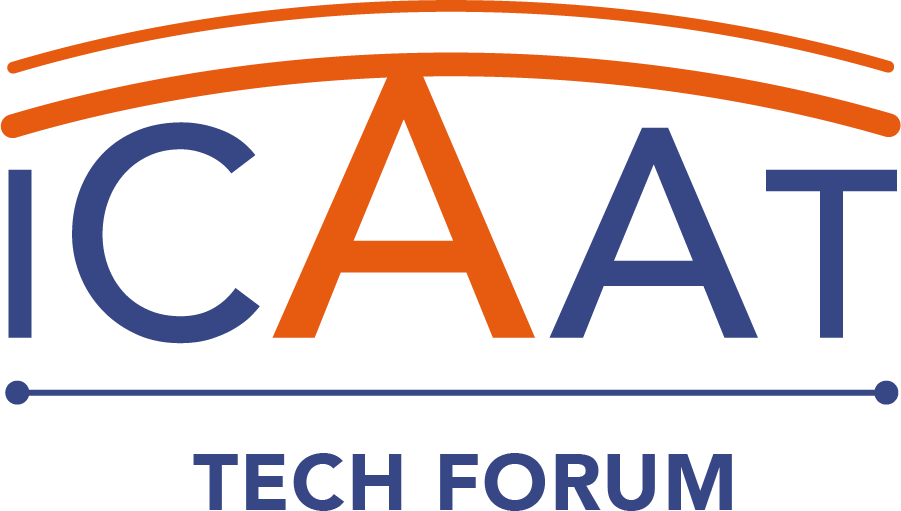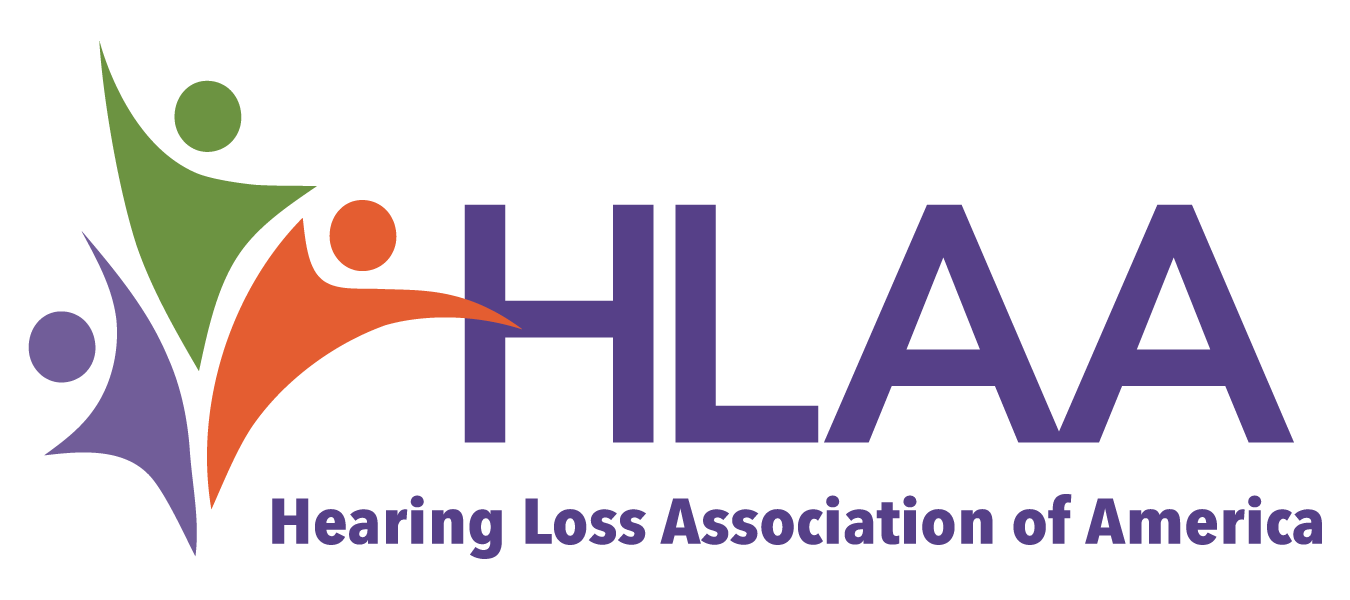Ethics is an essential consideration in all types of research that include people and the collection and use of their data. Informed consent is fundamental to ensuring data collection is ethical.
What is informed consent?
Informed consent means that before the research starts,
- you have received all the important details about the research in clear, understandable language,
- you have enough time and opportunity to ask questions and receive clarification, so you fully understand the details of the research, and
- you freely decide whether to participate in the research.
What important details about the research should I receive?
- An explanation with enough detail so you understand the purpose and objectives of the research.
- A description of the activities you will complete and how long those activities are expected to last.
- A description of benefits, if any, that you might reasonably expect from participation in the research.
- A description of risks or discomfort, if any, that you might reasonably expect from participation in the research.
- A statement about how your information and data will be recorded (for example, written, photographic, audio, or video), stored, and used.
- A statement about how your privacy and the confidentiality of your information and data will be handled.
- Information about whether you will receive compensation for your time, expenses incurred, experience, and perspective and what form compensation will take.
- Contact information for a person who can answer any questions, provide clarification, and with whom you can easily and quickly communicate about the research.
- A way for you to consent (for example, by signing a form) to participating in the research.
How will I receive the important details about the research?
You can receive these details in several ways. For example, you might receive the information through face-to-face contact, videoconference, email, mail, telephone, or video. To ensure informed consent, the important details about the research often are provided using a written informed consent form that you sign and date. If you have signed an informed consent form to participate in research, you should receive a copy of it, so you can refer to the form at any time.
Written informed consent forms have several advantages. They provide written documentation. The copy you receive ensures you know what you signed and who to contact about the research. Written forms also provide evidence that the researchers have thought through the important details about the research, and all participants receive the same information.
It is important to note that even if you have signed a form or provided consent in another way, you can change your mind and withdraw anytime, for any reason, or for no reason at all.
Data is valuable and powerful. Organizations have a responsibility to make sure it is protected and used ethically.




